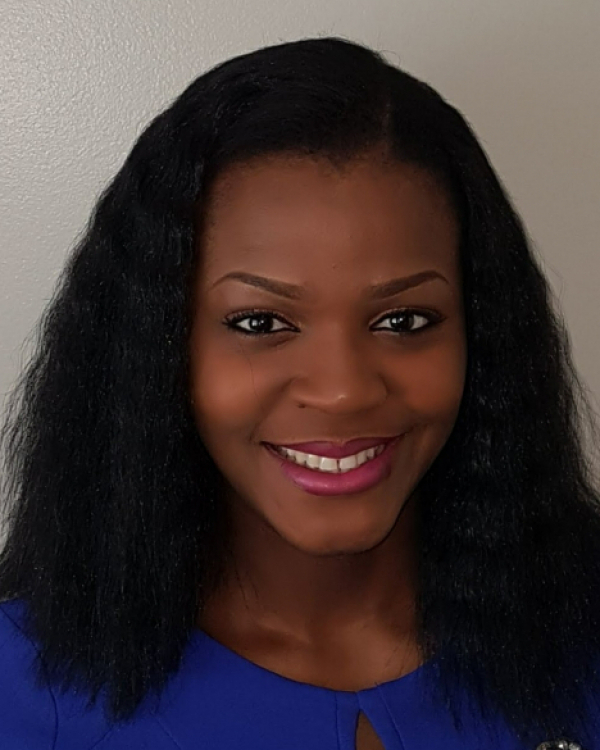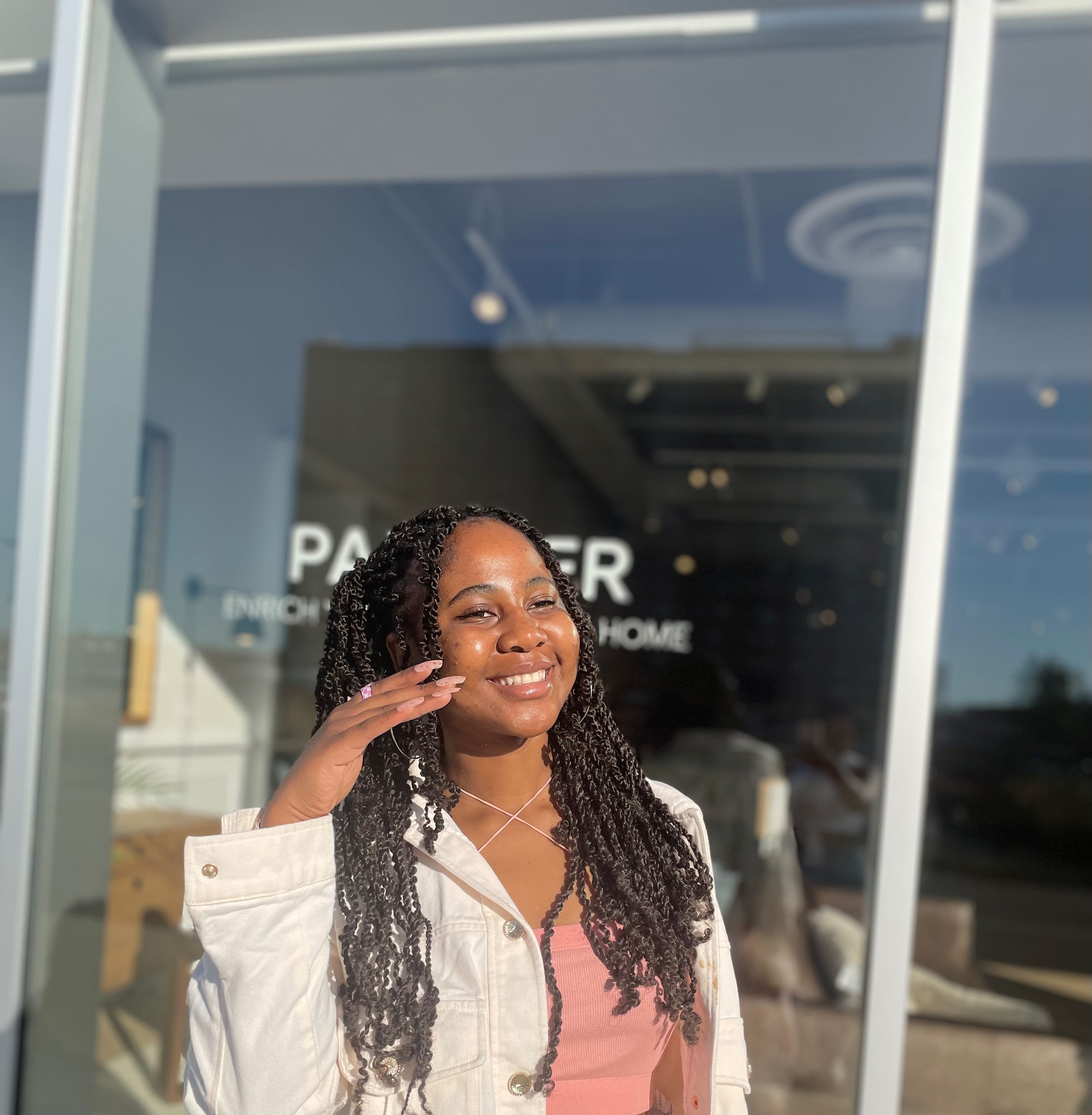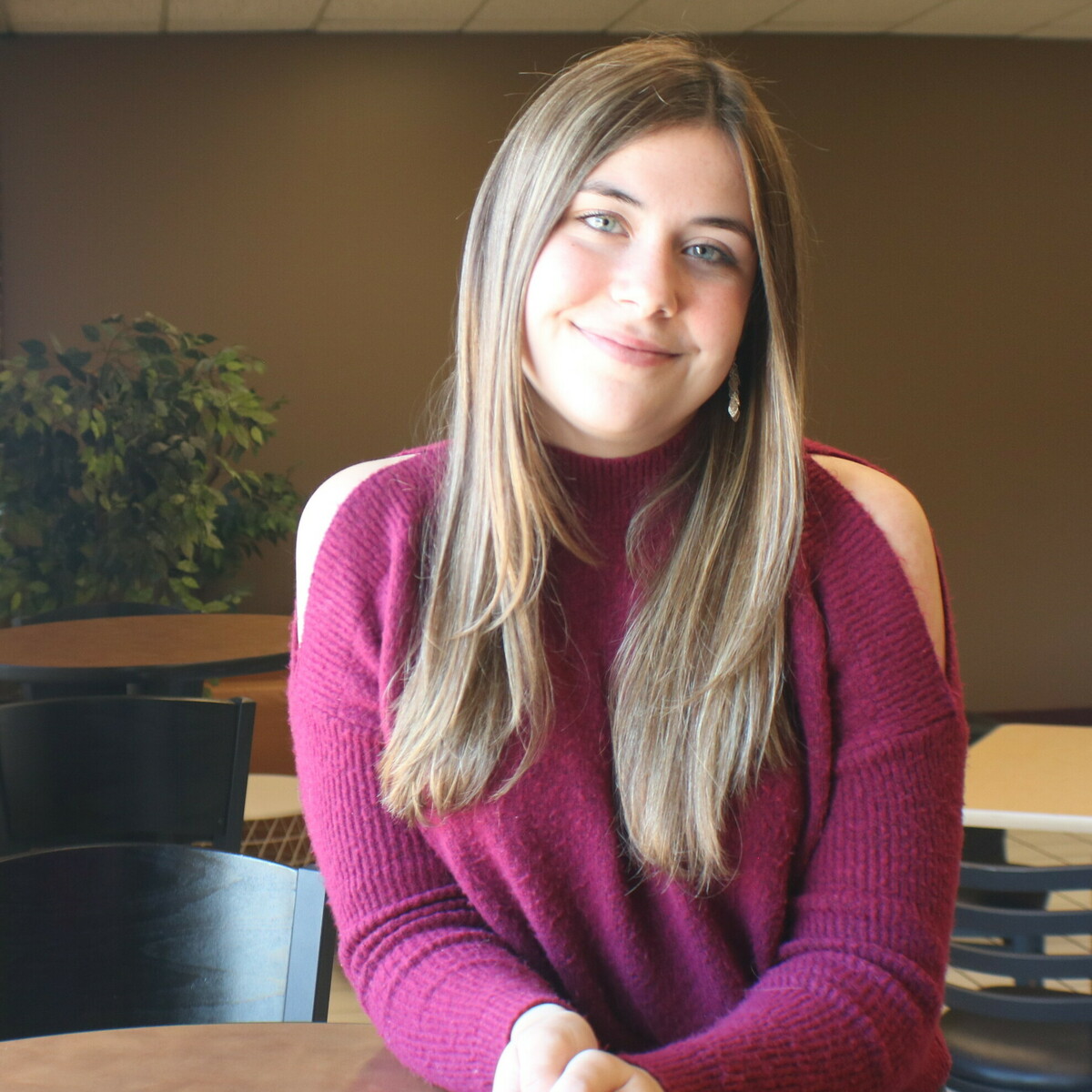We blend Christian faith and rigorous scholarship with a passion for service. Our approach to learning is anchored in academic excellence and based on a vision of hope, social justice and mercy for all. Located in Winnipeg, Manitoba, Canada, Booth University College is a Christian institution rooted in the Mission of The Salvation Army.
Education for a Better World
Our commitment is to provide Education for a Better World. We educate students to understand the complexities of our world, to be active contributors to society, and to bring hope, social justice and mercy into the world. We go beyond preparing students for a career. We prepare and inspire them to make a positive impact in their communities and the world around them.
Our students learn to identify and understand the challenges of today and envision solutions for the future. Our goal is to educate students so that their lives are informed by mental discipline and transformed by Christian faith. We prepare our students to be willing and able to work for a better world.
Years of Education for a Better World
Who We Are
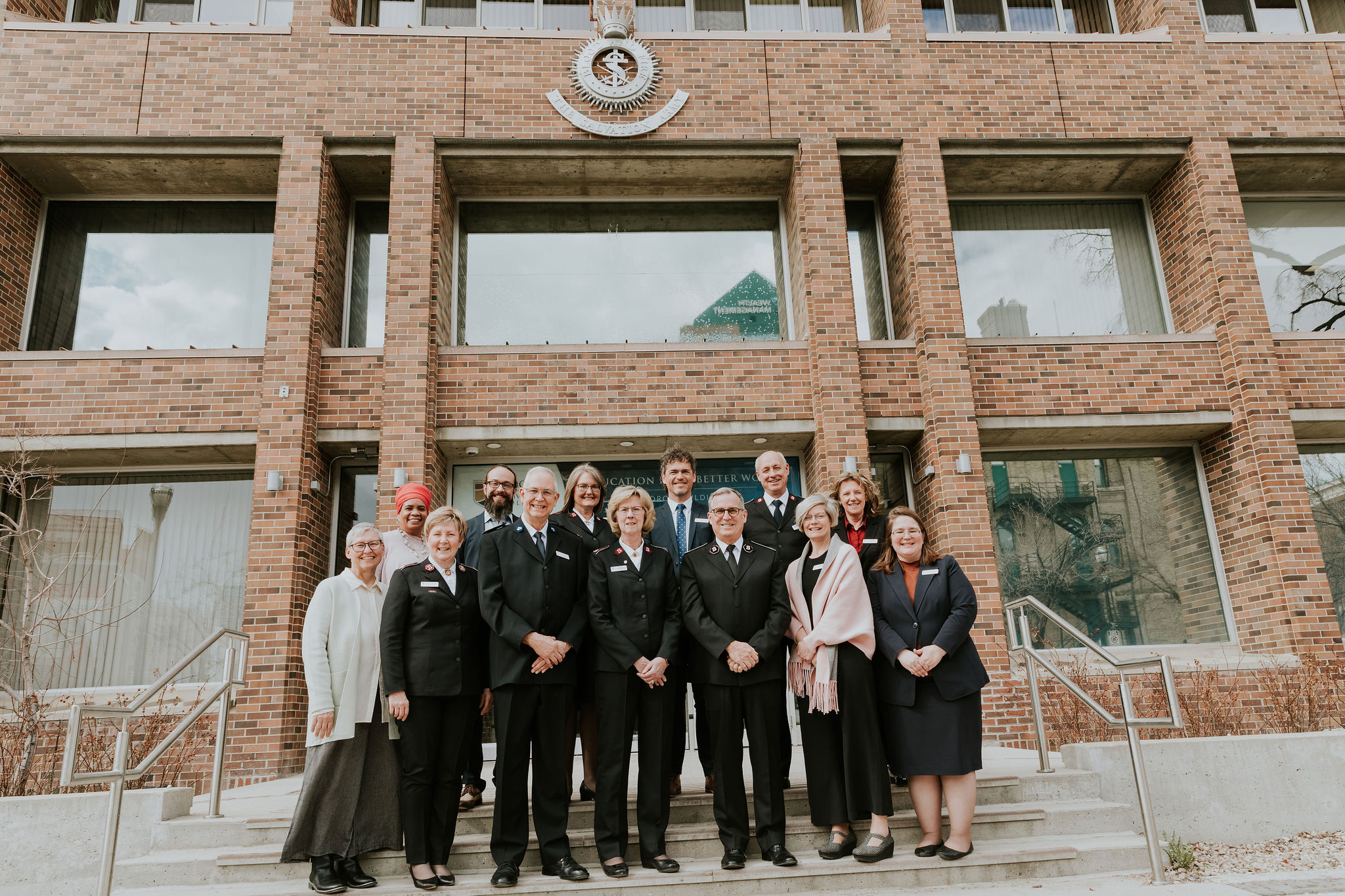
Our Story
For more than 40 years, Booth University College has served students, the City of Winnipeg, and The Salvation Army as a post-secondary institution committed to bringing together Christian faith, rigorous scholarship, and a passion for service.
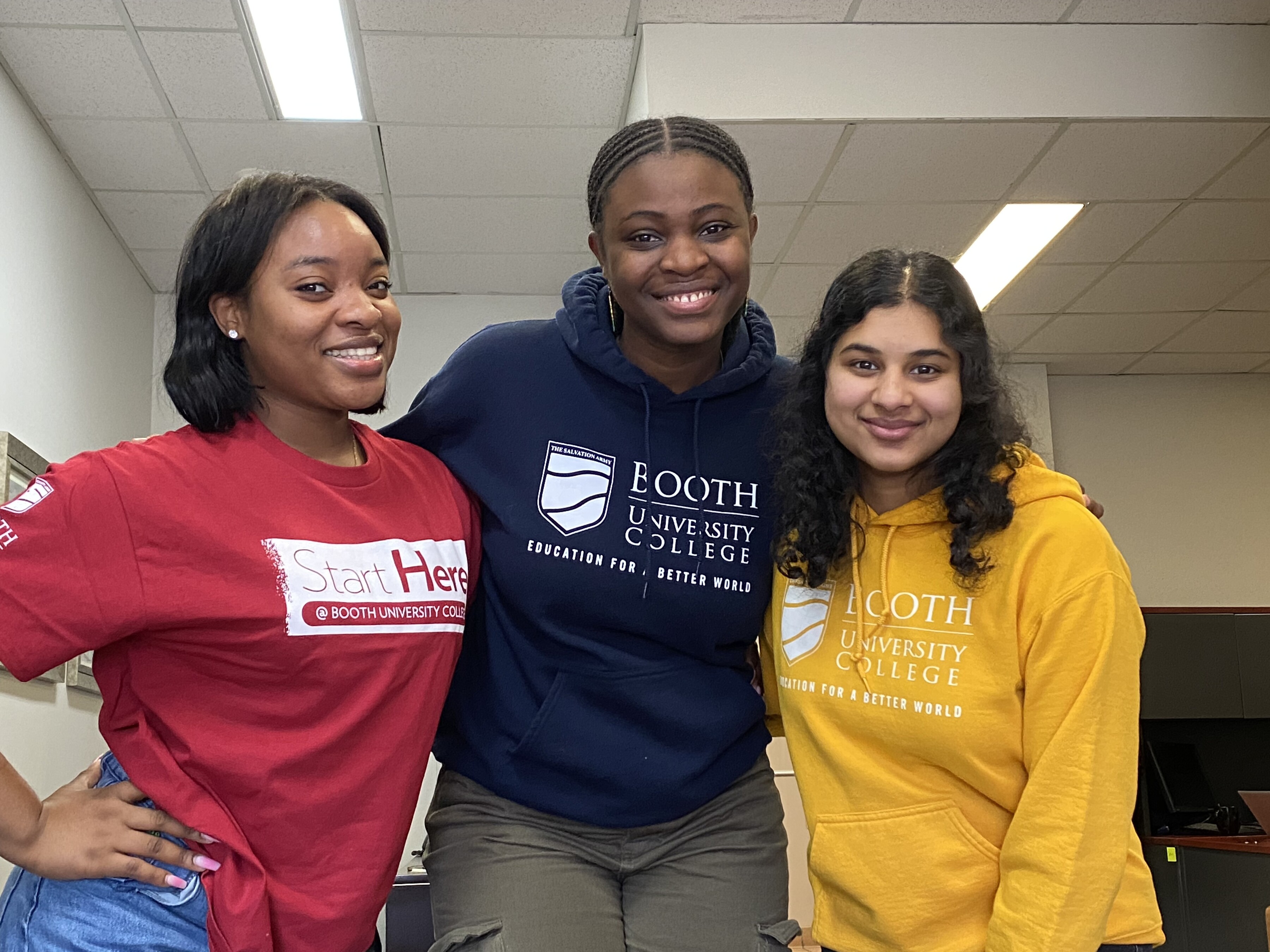
Our People
We're more than a university. We're a community. Our students, staff, faculty, alumni, and wider community make us what we are.
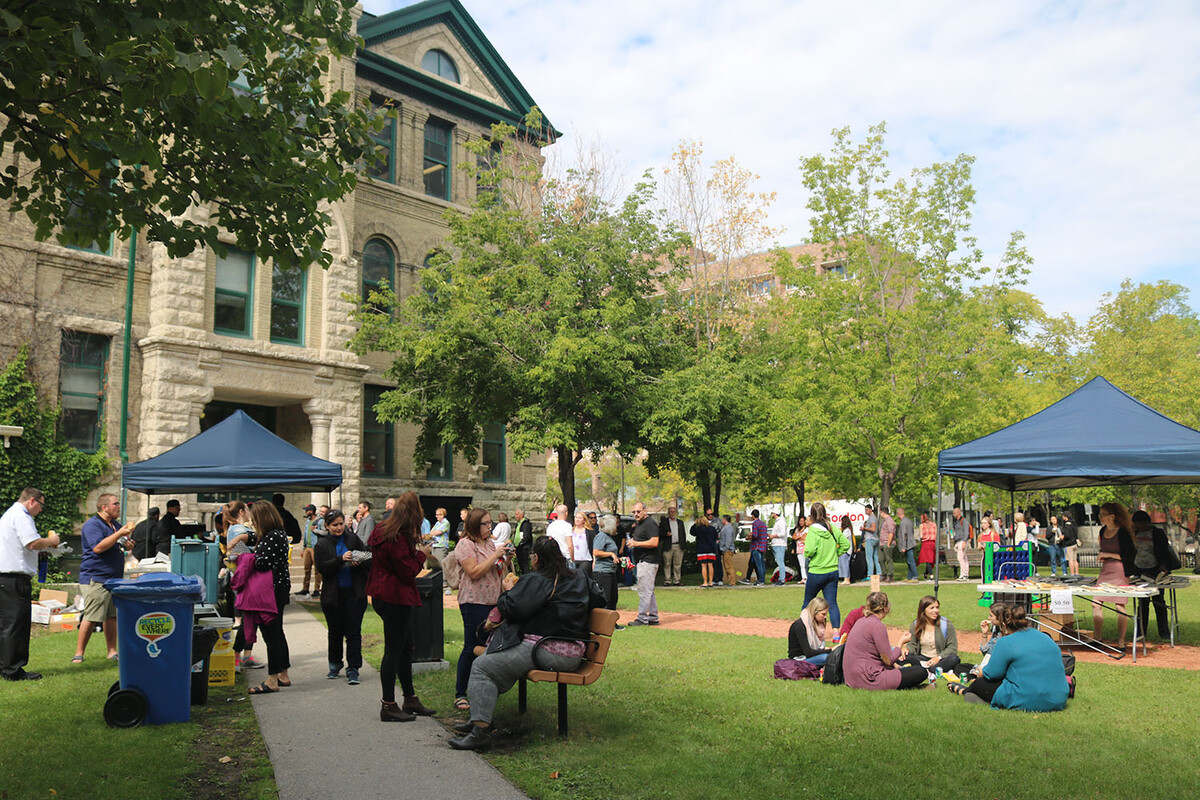
Our Campus
Our new campus location is still in the heart of downtown Winnipeg. In our surrounding neighbourhoods, students gain skills beyond the classroom.
Giving
Your gift to Booth University College is an investment in our students, our educators, and our commitment to Education for a Better World. Learn about our featured giving opportunities and different ways of donating.
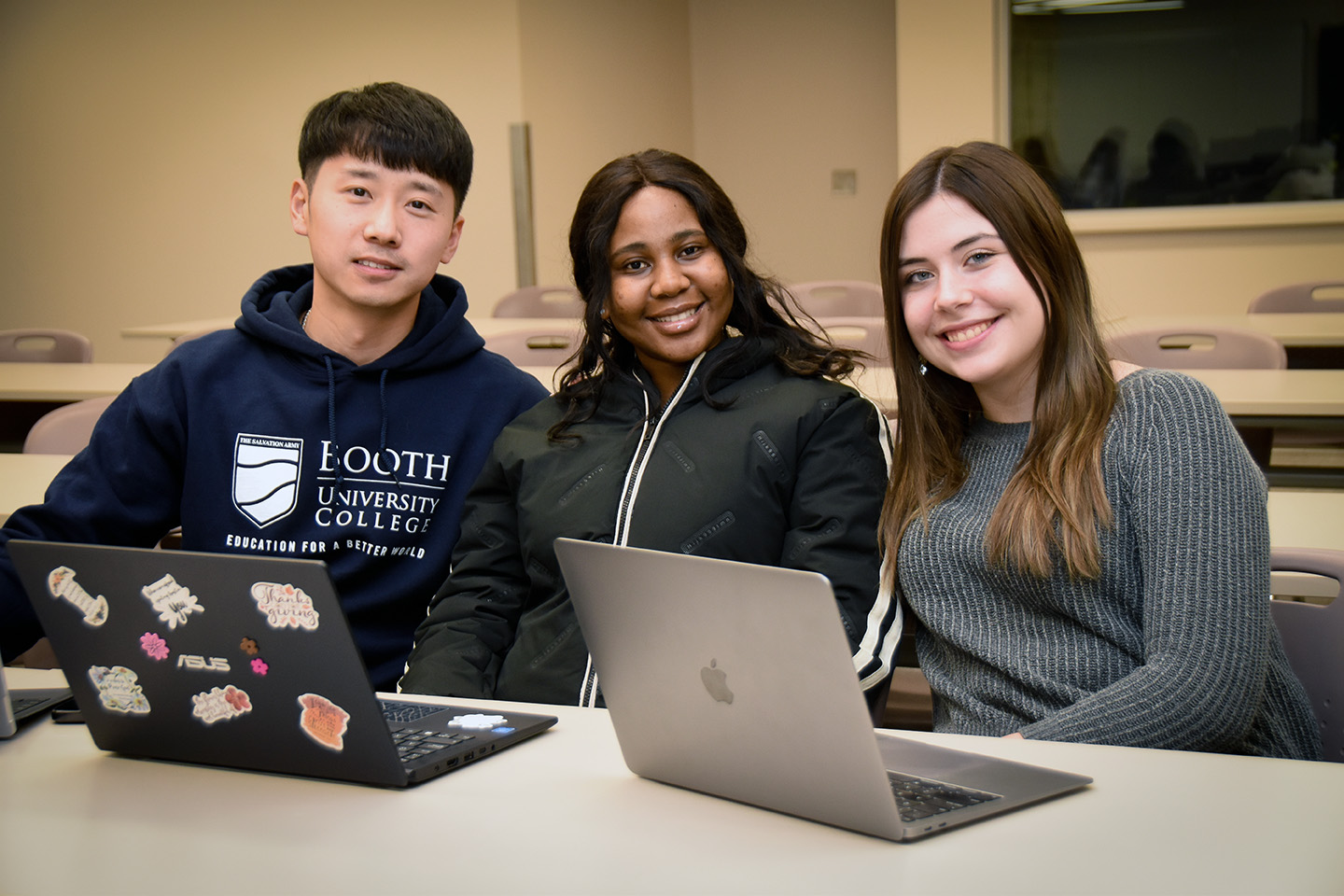
Why Booth UC?
At Booth University College, you'll find a community of people who believe in Education for a Better World. Find out why we continue to have a high retention rate and increase in referrals.
Recent News
Introducing Our 2024 Valedictorian!
Booth University College is pleased and excited to announce that Faith Ugwu has been chosen by her fellow graduands as this year’s Valedictorian. Faith is graduating with a Bachelor of Social Work (After Degree). Faith has demonstrated academic excellence, service to Booth UC and the wider commu…
Join us for Spring Convocation 2024
Convocation marks the culmination of the academic year and studies of our graduating class. It’s an opportunity for us to recognize the hard work, perseverance, and achievements of our students. You're invited to join us as we celebrate on April 28, 2024. This year, our full day of events begins w…
Good Friday and Easter Sunday Reflection from President, Rev. Rob A. Fringer
As we move into this Easter weekend, I am reminded of the importance of both Good Friday and Easter Sunday. Too often we skip past the pain of the cross and rush toward the hope of the empty tomb. Nevertheless, these two events are inseparable; without Christ on the cross there is no resurrection. …
Meet Patience Bafu, Scholarship Recipient
At Booth University College, we strive to make a high-quality education as affordable as possible through programs that recognize and reward students. We asked a few of our scholarship recipients, including Patience Bafu, what this meant for them. WHY DID YOU CHOOSE BOOTH UC? : > I chose Booth UC…
Student Spotlight with Rachel Peters
With a passion for seniors and elder care, Booth UC Social Work student Rachel Peters, has been determined to benefit the system since she was a young girl visiting both her great-grandmothers in two very different nursing homes. One of the more heart-wrenching aspects of the pandemic was the impact…


